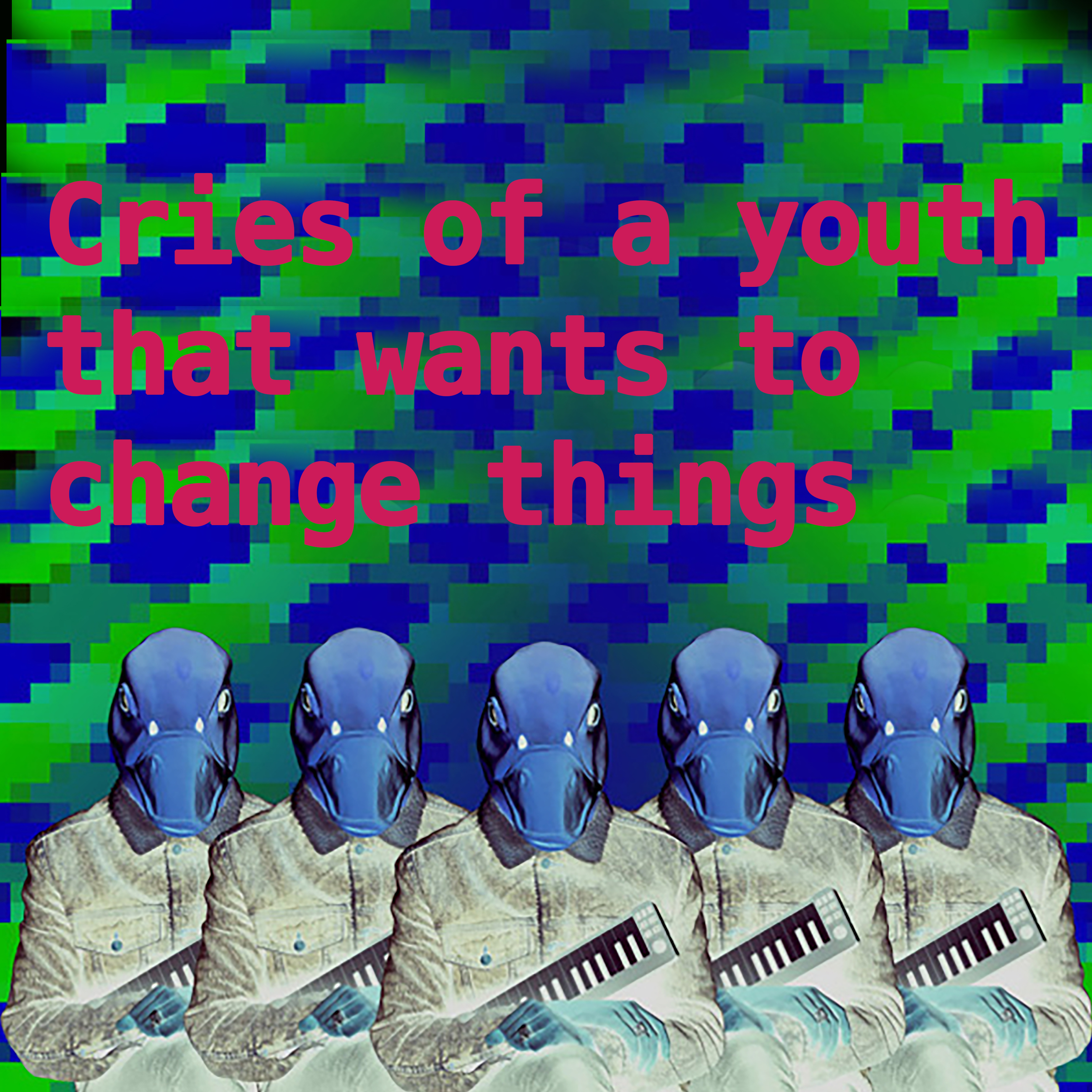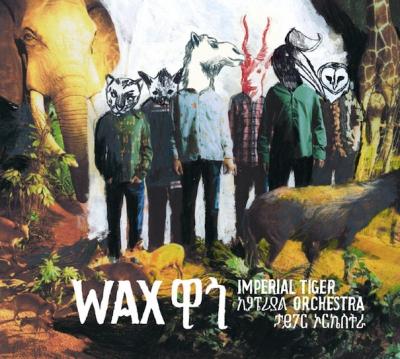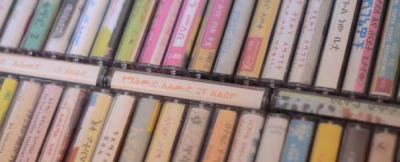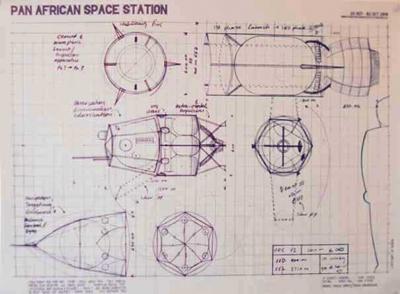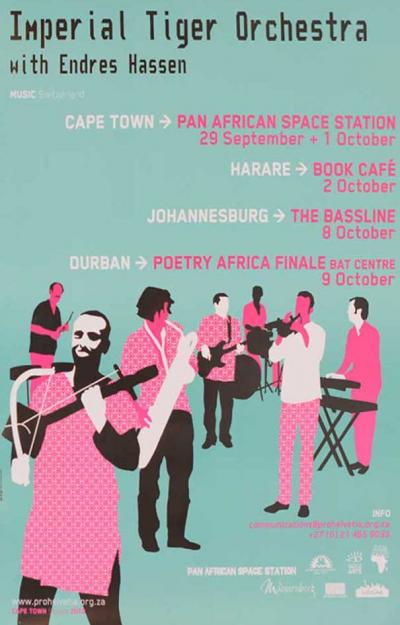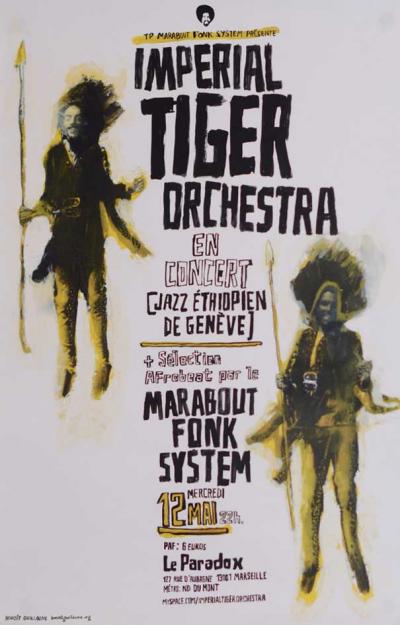Norient February 2014 Selection
Norient keeps searching for new sounds and puts together a monthly playlist from Soundcloud. Enjoy or skip through tracks from upcoming and well-known artists from a wide variety of places – urban pop and club music mostly, but some experimental jazz and electronica too. And read what some of the artists wrote to us about their tracks via email.
We asked the musicians and producers of the February playlist the following two questions:
1) What is most important for you in this track (you can select: musically, topic wise, career wise, ….)?
2) How is this track linked to your other work? What can we find out about your work/passion/ideas through this track?
This is what some of them answered via email:
Ganges Baby (Argentina)
1 – The most important thing in this track is the message we want to transmite. It's like a spiritual party, the chance to rise through powerful sounds and words of wisdom. As a state of trance in a positive dancehall riddim.
2 – This track is like a synthesis of our work. The conjunction of all the elements that are part of our life. On the one hand we have the spiritual search that we had already mentioned, we have movement, rap and hip hop as a thread of all songs and fusion with elements of other cultures such as India, Jamaica, UK and Latin America. We believe that artists must make a significant contribution to planetary evolution, working to meet that goal. On the other hand we are ordinary people who live normal lives trying to learn a little every day to carry out that task. Peace!
Links: Website, Facebook, Twitter.
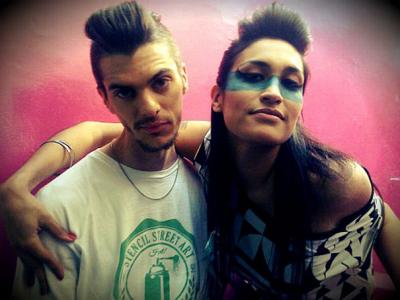
Joey le Soldat (Burkina Faso)
1 – Both lyrics and music are important aspects of DMD. The instrumental reminds me of salou, a traditional burkinabé dance. I can hear it in the music, which is something very important to me. And the lyrics are equally important, because DMD is the cries of pain of a youth that wants to change things, the expression of kids packed in the ghettos of Ouagadougou. In regards to the political system, the youth wants to bring its requests in order to enjoy better living conditions.
2 – This song expresses my ambition to make rap in Mooré, which is still listenable by everybody. You don't need to speak Mooré to like this rap. The song is a symbol of this energy I put into my music, in particular my flow techniques.
Bit-Tuner (Switzerland)
Track not available anymore.
1 – «Bad Combination» is one the most playful tracks i’ve ever made. It’s build on a arpeggio theme played with a virtual Upright Bass. The Beat is quiet hard, slow and has an Industrial flavour, the Synths are pretty nervous and the atmosphere is gloomy. I like this different moods together in one track. And it’s feels, that kind of a Metal Band playing this tune.
2 – I think the atmosphere and the sounds in this track, are pretty «Bit-Tuner Style». Dark, noisy and kind of a soundtrack theme. I love the raw and nervous energy, especially for playing it live (and loud).
Links: Website, Bandcamp, Facebook, Twitter.
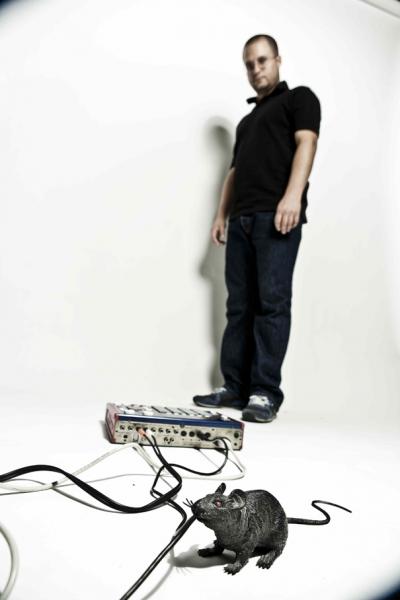
Dr. Das (UK)
Track not available anymore.
1 – I don’t attach different levels of importance to different aspects of a piece of music. If something is not as important as something else, it is simply not included sonically nor considered within the concept of the track. There is no hierarchy in my compositions between the sounds. If someone asked me to produce a song, saying the lyrics are the most important aspect, I would ask them «why bother with the music?» To many people I say if you consider bass and drums as «backing», why have them at all? The term I use instead of «importance» is emphasis. The music I make emphasizes the BASSLINE MELODY. For me, this is a cyclical, modal bass motif, which resolves quite quickly, like an Indian raga. (It is not the same as «melodic bass playing» which is linear and more to do with the bass melodically following a chord structure or harmony, and which is often written by someone else.) The bass in a lot of rock and dance music is an ANONYMOUS FREQUENCY, meaning, it might be loud and omnipresent (not really in the case of rock), but its melodic content is INDISTINCT, through both the actual choice of notes and the way it has been equalized and placed in the mix. For me, in contemporary dub even, the bass frequency has been divorced from melody, with more emphasis on sub frequencies, and so has lost its ability to convey EMOTIONAL and POLITICAL SENTIMENT. To me, that was perhaps the greatest gift dub had to offer.
Diversity of Tactics has a few related basslines. In earlier versions, the basslines were busier and the arrangement more complex. Throughout the last seven years, in my absence from Asian Dub Foundation, I have attempted to rationalize my basslines, moving towards the more minimal classic dub feel of the likes of Flabba Holt- more economic and more like a memorable hookline. The bass melodies were inspired by the tabla and darbourka loops. These were equalized and distorted to give a particularly militant feel and together with the «4 on the floor» bass drum and aggressive snare, there is a determined and disciplined forward propulsion- like a peoples’ army on the move. «Diversity of Tactics» is a term and concept I only recently encountered in Peter Gelderloos’s books The Failure of Nonviolence and How Nonviolence Protects the State, relating to how restricting any movements’ struggles against repression to only nonviolent tactics, effectively limits its number of options to make any real impact and ultimately effect real change.
2 – This track shares the same minimalist approach of the rest of my «dubnoiz» work whereby I only make use of electric bass and electronic drums, percussion and noiz. I’m trying to show people how much expression can be achieved with so few elements. These sounds have their own beauty and melody but are widely considered to be just «backing» and producers, including dub producers are often in a hurry to cover up or embellish them, for fear of losing the listeners’ attention. The beauty of space and repetition has also been forgotten. Also, music has gravitated towards the middle and higher frequencies of the sonic spectrum – I’m trying to encourage people pull out and plug in their old ghettoblasters and stop listening to everything on their computer speakers! This track will appear on my next album Outsider Dub. The album title relates to my long ago having left the dub scene, taking my basslines into a more experimental and electronic environment. I have even started to incorporate extreme jazz improvisation. I listen mostly to Miles Davis’s music from the seventies, albums like Dark Magus and to older dub like Scientist and early On-U. The current dub scene with its neglect of the bassline melody, lack of emphasis on experimentation and lack of analysis in any lyrical content, simply has no appeal to me. In relation to the little response I’ve had from dub musicians over time, this feeling is mutual, though I work consistently with the label Indigenous Resistance as a bassist, producer and remixer. Outsider Dub will follow on from my current album Preparing 4 War which is available now on Bandcamp.
Links: Tumblr, Bandcamp, Facebook.
Mais Um Discos (Brazil)
1 – This track has been one of the most talked about from our compilation Daora which showcases new directions in Brazilian hip-hop, Afrobeat, jazz and beyond (Daora means «dope» in Sao Paulo slang). Afrobombas is a new project from mangue-beat originator and Nacao Zumbi front man Jorge Du Peixe with the vocal sung by the daughter of the legend of mangue-beat Chcio Science. With such names involved the expectation for this new project was always going to be high yet this track «Of salt and sun I am» lives up to the hype with an elastic bass-line, understated brass, shuffling percussion and killer vocal from Chico's daughter.
2 – This track is a perfect example of our work which is to represent the new sounds coming out of Brazil. I set up Mais Um Discos to promote sounds and artists from Brazil that weren’t getting exposure internationally. Brazilian music that typically gets international profile is samba, bossa nova or funk carioca yet there are so many other styles to enjoy and artists who’s music cannot be easily categorised in these genres, such as Lucas Santtana for example, who combines the influences of these 3 genres in his music as well as other styles such as dub, afrobeat and electro. «Daora» was compiled by Sao Paulo’s Rodrigo Brandao and represents another new perspective on Brazilian music focussing on «urban» music such as hip-hop, afrobeat, reggae and dub influenced grooves from across Brazil. Brazilian hip-hop rarely gets any coverage but as «Daora» shows there are so many talented producers using Brazilian rhythms and MCs coming with great rhymes and interesting flows. Follow us on social networks or sign up to our mailing list to hear more new sounds from Brazil!
Links: Website, Facebook, Twitter.
Neobyrd (Egypt)
Track not available anymore.
1 – I love that song, it has a very simple structure and very classical progression and melodies and that's what I love to listen to.
2 – I mostly like the retro feel regarding the composition, samples and the sounds I choose «Good Things Like Chocolate» might have this kind of style and I think it sounds very much me.

C-drik (Belgium)
Track not available anymore.
1 – This track is a memory, it is connected to a travel I made in Thailand many years ago; it represents a connection between what we use to call nature (birds, insects...) and modern technology (the electronic sounds I use that melt in this so-called natural environment seem to perfectly fit such as did some parts of the concrete in the park where I recorded this atmosphere).
2 – This piece is only linked to one part of my work. It is a work about memory, something above all personal but I suppose some people can relate to it. I use one or more field recordings, sometimes pure, often with additional sounds and filtering to create a new atmosphere, a new virtual space that brings me back to a certain moment of time but a modified version of it. Without this recording, in most cases, I wouldn't remember that exact period of space and time but by modifying it, I create a new and somehow fake event, that is distorting a reality I experienced. I consider that I emotionally improved it. This is a sort of way of taking a picture and improve it. I often prefer field recordings than photographs when I travel.
Links: Website, Facebook, Twitter.

Nils Wogram (Germany)
Track not available anymore.
1 – This is the title track of my new album. Riomar is a beautiful place in the ebro delta in katalonia which inspired me to this song. The track was recorded by my long term working band «root 70» plus three string players and is the 3red album of a series we call conceptional works.
2 – I am more and more interested in simple songs that have a strong mood. It was also recorded live to two track with all analogue equipment and to tape. I like this vintage sound and recording together in one room.
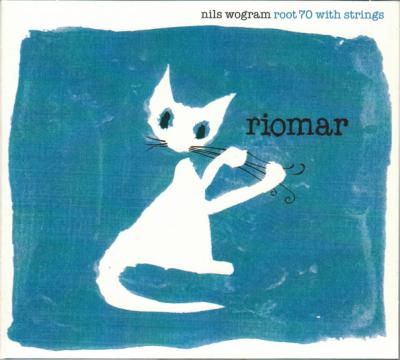
Indigenous Resistance (UK)
1 – The most important thing for us is that this track continues the work of Indigenous Resistance to focus on issues that are important to indigenous peoples that are often not covered by the media but which are vitally important. Some of the issues we have dealt with in the past has been the murder of the Pataxo warrior Galdino, the resistance of the people of Atenco, Mexico against developers taking their land and the liberation struggle of the indigenous people of West Papua against the Indonesian government. This track is a poem written by an indigenous woman from Guatemala Rosa Chaves and voiced by Ixquick which is poetically addressing the issues of land rights and the mistreatment of the earth. On a musical note this work is connected to other IR Indigenous Resistance through the production and musical contribution of Dr Das who has been working with IR for the past ten years as a remixer, producer in addition to contributing militant bass for other IR tracks. Dr Das has an album of dubnoiz entitled Preparing 4 War. On this track Dr Das applies this philosophy with the contributions of the musicians Dj Soundar and Jerome Klur. Also very importantly in this track you hear moments of silence. This is very deliberate. If readers access the new IR book IR 30 Indigenous Visions In Dub you will find passages where indigenous people from the Solomon Islands discuss the significance of silence in their worldview. We always encourage people to do their own investigation so check it out if you are inclined.
2 –This track is a preview of a much longer project that IR is currently working on. The first part IR29 New Generation Dub was just released. You can learn more about that release at http://newgenerationdub.wordpress.com/.
Gabriel Muzak (Brazil)
1 – The track Belém não para is a declaration of love to Pará (a state in the north region of Brasil - Amazônia Jungle) and to one of the many great paraense folk typical styles, called guitarrada. It's something like a kind of roots Carimbó played with electric guitar, like a mix of forest, desert and urban music. I composed «Belém não para» just playing my guitar alone, the melody haves some arab influence but immediately I knew that the track had to be recorded searching for some Carimbó rythm. I live in Rio de Janeiro and never have been in Pará state (very big country!), but as I know many artists of that place, I felt confortable to make this tribute. I hope you enjoy it.
2 – My principal passion in music is to travel using the songs for my boarding tickets, my obsession is about the whole power of each song. I think that every song can be an entire piece, so when I compose some song, It have no compromisse whith my previous songs. I think an album can tell some history, but I prefer to make my albums tells many diferent histories, with many personas, places, smells and atmospheres helping me to sing this strange tales.
Published on March 07, 2014
Last updated on February 23, 2022
Topics
Why New Yorks’ underground doesn’t give a fuck about Trump or why satirical rap in Pakistan can be life threatening.
From instruments made of plastic waste of the ocean to questions about a futurist naturalism which embraces technology for aesthetic emancipation.
Place remains important. Either for traditional minorities such as the Chinese Lisu or hyper-connected techno producers.
Snap
